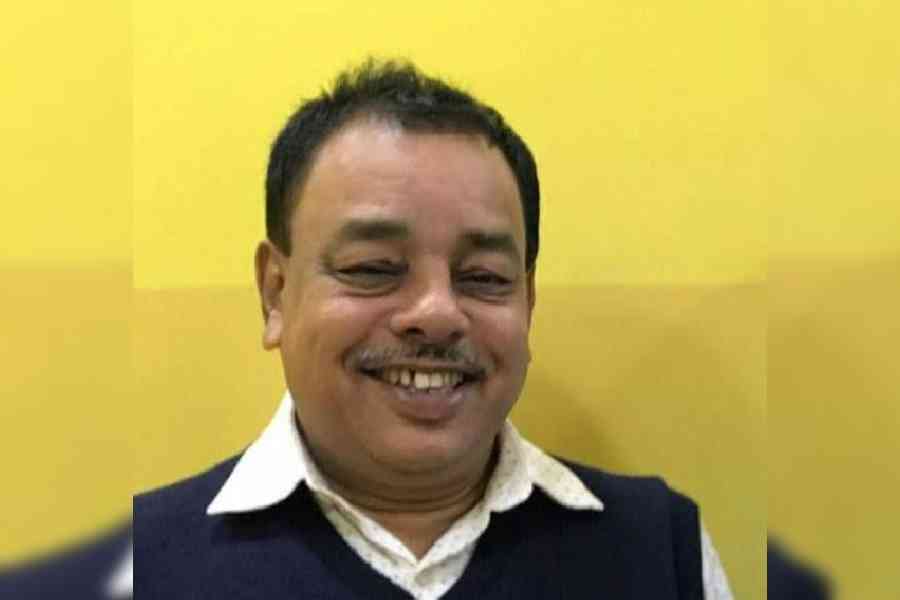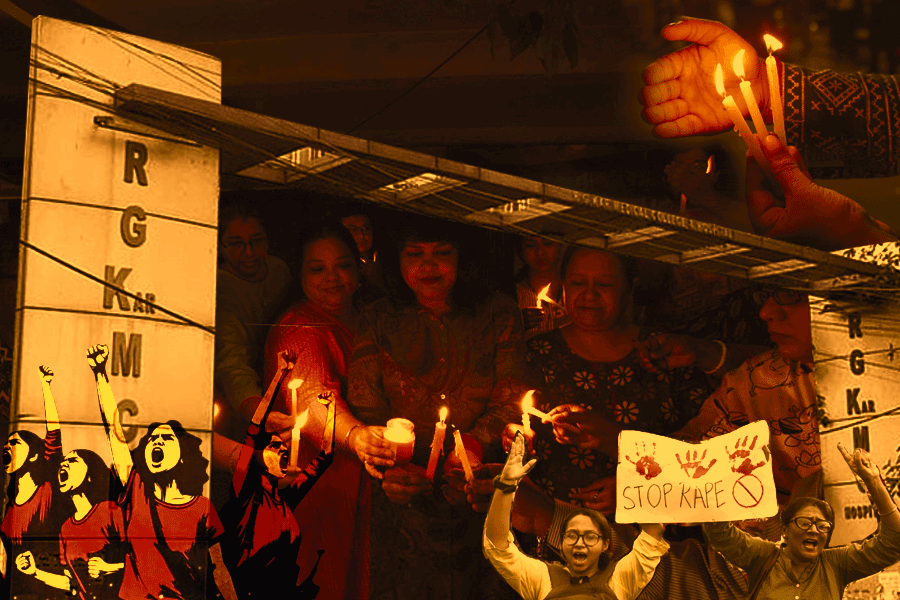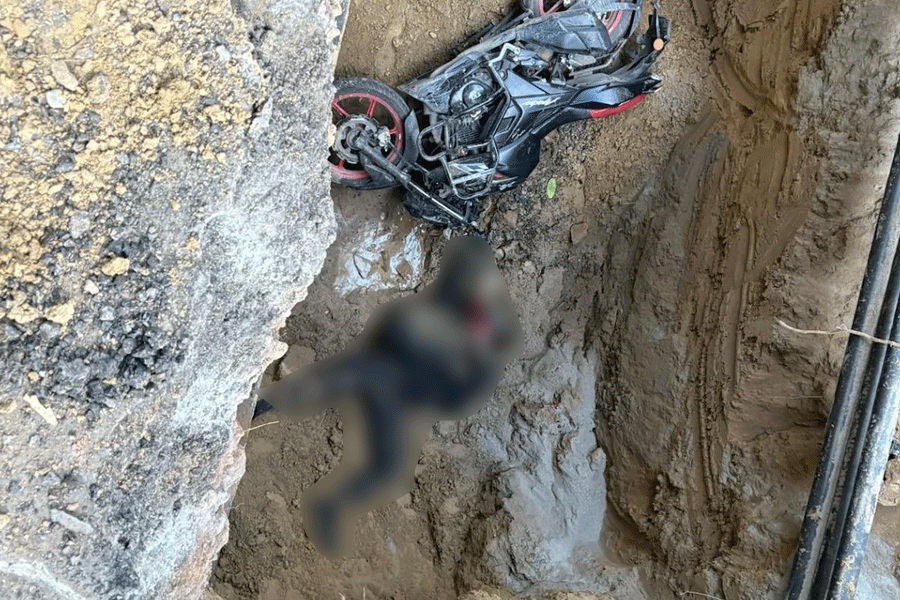The family of a 57-year-old businessman, who watched television at home until late on Wednesday and subsequently suffered a stroke the following morning, managed to overcome their shock and sorrow to donate several of his organs.
Prithwish Ranjan Gayen, aged 57, awoke early on Thursday with complaints of a headache. Within moments, he began to vomit and lost the ability to stand or perform any tasks. His family quickly transported him to the hospital.
Around 1pm on Thursday, the doctors and staff at Apollo Multispecialty Hospital, where Gayen was admitted, informed the family that his condition had become irretrievable and discussed the option of organ donation with them.
"They explained the procedures and the meaning of organ donation, leaving the choice to us. As a family, we decided to donate his organs. While I cannot bring my father back, his organs can help save the lives of others," said son Archisman Gayen, 25, a merchant navy officer.
"One of the kidneys went to a 19-year-old boy in SSKM Hospital, another kidney went to a 41-year-old woman at Apollo, the liver went to a 42-year-old man in Apollo, and the cornea was donated to Disha," said an official of the Regional Organ and Tissue Transplant Organisation (ROTTO).
The Gayens reside in a joint family setting in Girish Park. Archisman’s immediate family comprises his 55-year-old mother and his 20-year-old sister.
The ROTTO official said this was the sixteenth cadaveric organ donation this year. In 2024, there were 14 cadaveric donations in Bengal.
Another ROTTO official remarked that despite the increase in cadaveric donations compared to last year, it was still inadequate and there was room for improvement.
"There are some states in South India and Western India where cadaveric donations are much better and in much greater numbers. Telangana, for example, is far ahead of us. Both private hospitals and government hospitals in Bengal need to pull up their socks to increase the rate of cadaveric donations," said the official.
After doctors clinically assess a person to be brain dead, a test is conducted to confirm it. "Any hospital with a critical care unit and a high dependency unit can conduct the test. But how many declare patients brain dead?" asked the official.
A patient is declared "brain dead" when the brain stops working, but other organs, such as the heart and lungs, are still functioning. A "brain-dead" patient cannot be revived.
Such declarations take place in critical care units and trauma care units, where patients come with severe head injuries or cerebral stroke-like health conditions. Doctors working in such units should be trained to go for brain stem death declarations in larger numbers, said a doctor.
A cadaveric organ harvest can only be done from a "brain-dead" person.
There is a huge mismatch between the demand and supply of organs. Many patients die while waiting for an organ transplant. More cadaveric donations can fill this void.










